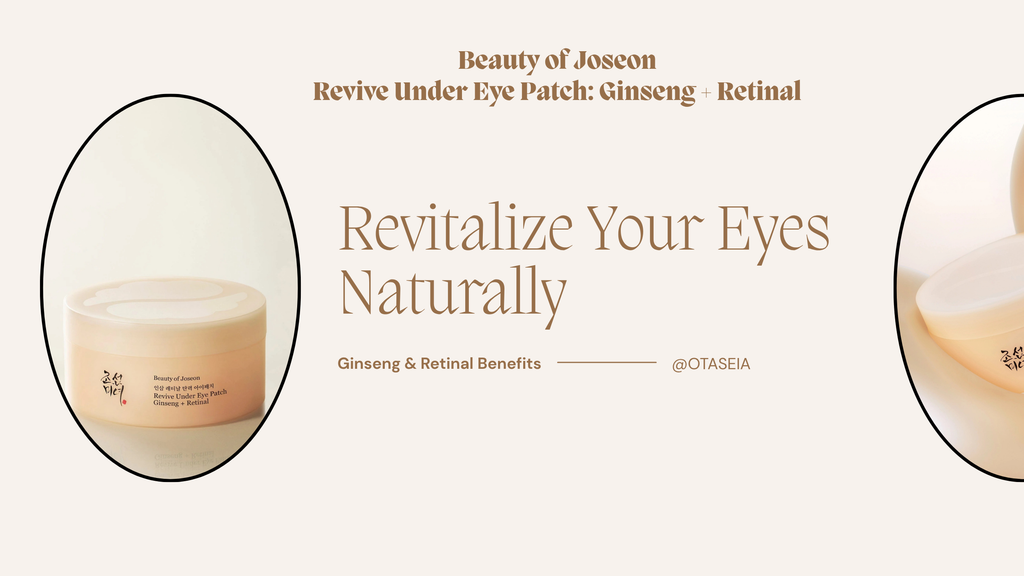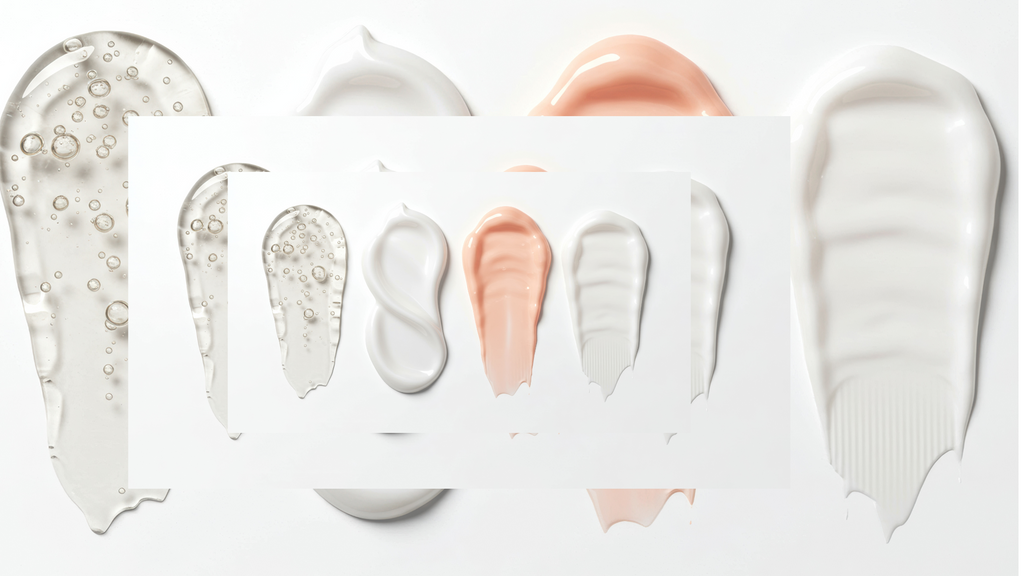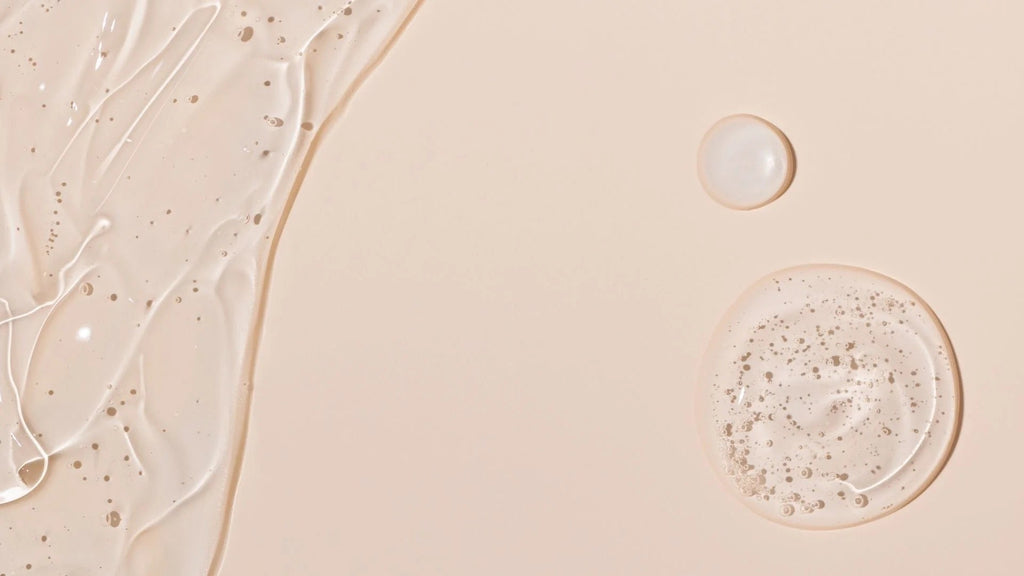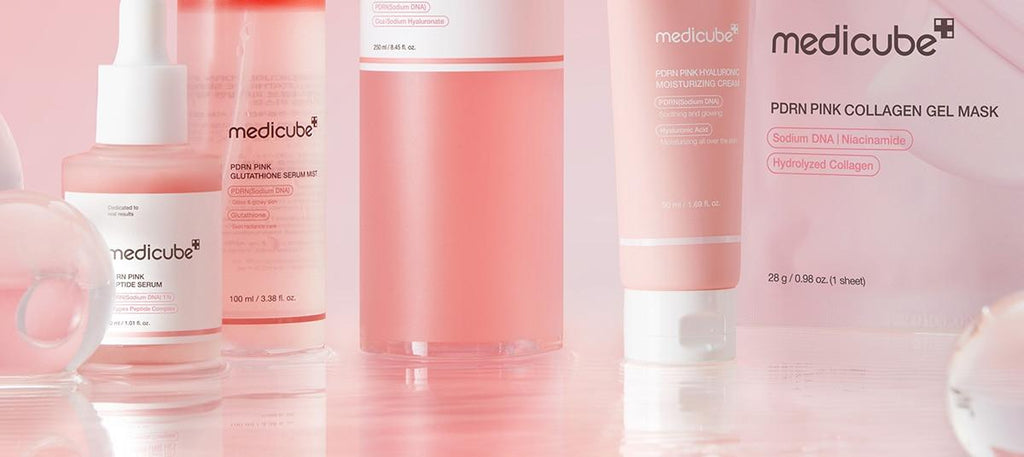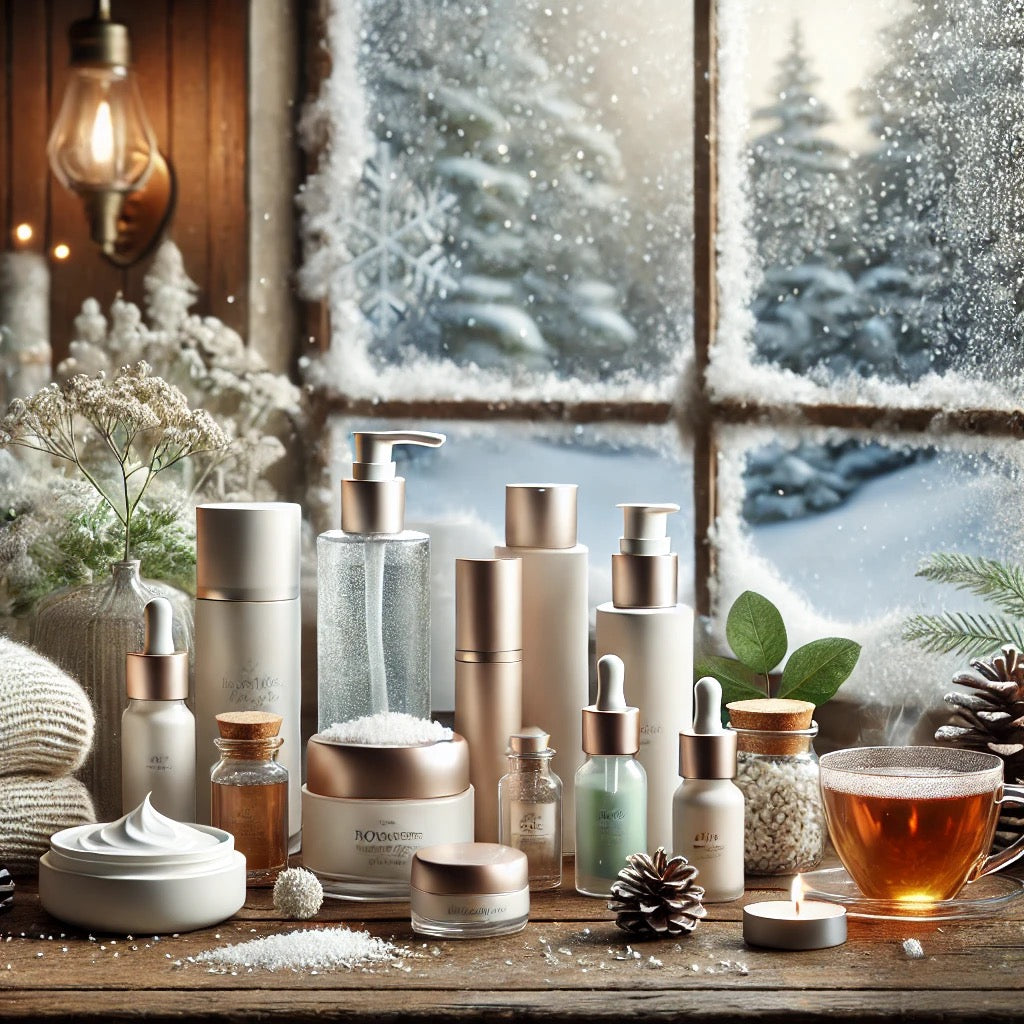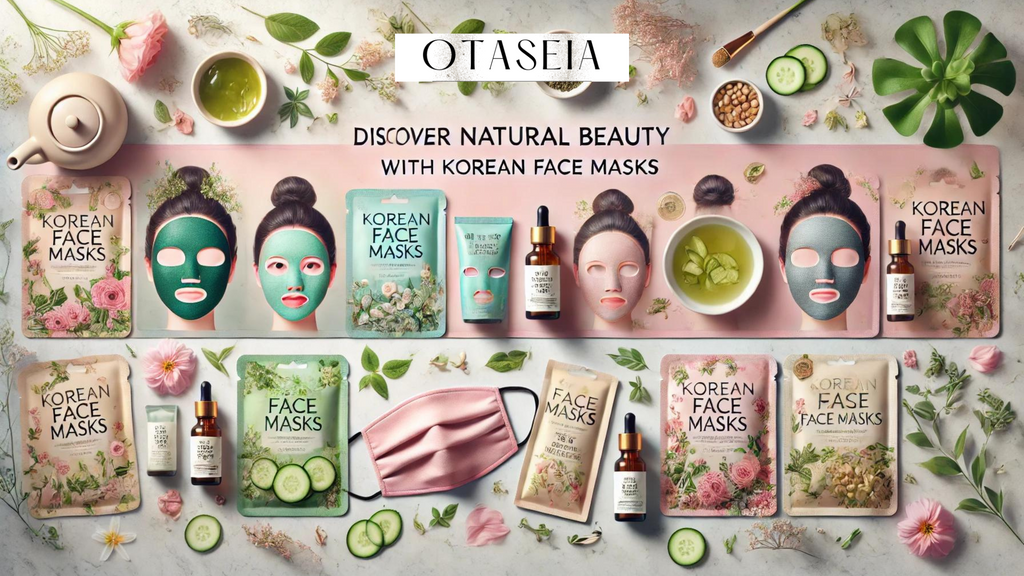
Search
Categories
RECENT POSTS
Niacinamide in Skincare: Benefits, How to Use It, and the Best Korean Products
0 CommentsThe Ultimate Guide to Korean Face Masks: Benefits, Key Ingredients, and How to Choose the Right One for Your Skin

Korean skincare has taken the beauty world by storm, and at the heart of this revolution are Korean face masks. These masks offer a quick and effective way to hydrate, rejuvenate, and pamper your skin, making them a must-have in any skincare routine. In this guide, we’ll dive into the benefits of Korean face masks, the most important ingredients to look for, and tips on how to choose the right mask for your skin type.
Benefits of Korean Face Masks
1. Deep Hydration
Korean face masks, especially sheet masks, are designed to deliver a concentrated dose of moisture to the skin. They are soaked in serums rich in hydrating ingredients like hyaluronic acid, glycerin, and aloe vera, which help to lock in moisture, making your skin look plump and radiant.
2. Brightening and Even Skin Tone
Many Korean masks are formulated with brightening agents like niacinamide and vitamin C, which help to reduce dark spots and even out skin tone. Regular use can lead to a brighter, more luminous complexion.
3. Anti-Aging Properties
Korean face masks often contain anti-aging ingredients such as collagen, peptides, and retinol. These ingredients work together to improve skin elasticity, reduce the appearance of fine lines and wrinkles, and promote a youthful glow.
4. Soothing and Calming
For those with sensitive or irritated skin, Korean masks infused with soothing ingredients like green tea, chamomile, and centella asiatica can help to calm redness, reduce inflammation, and promote healing.
5. Targeted Treatments
Korean face masks come in a variety of formulations, each targeting specific skin concerns. Whether you’re dealing with acne, dryness, dullness, or aging, there’s a Korean face mask designed to address your unique needs.
Key Ingredients to Look For
Choosing the right face mask begins with understanding the ingredients. Here are some of the most important ingredients commonly found in Korean face masks:
1. Hyaluronic Acid
A powerhouse ingredient for hydration, hyaluronic acid helps to retain moisture in the skin, giving it a plump and youthful appearance. It’s ideal for all skin types, especially dry or dehydrated skin.
2. Niacinamide
Also known as vitamin B3, niacinamide is a versatile ingredient that helps to brighten the skin, reduce the appearance of pores, and improve the skin barrier. It’s perfect for those with uneven skin tone or hyperpigmentation.
3. Collagen
Collagen is essential for maintaining skin elasticity and firmness. Masks with collagen can help to reduce the signs of aging by promoting a smoother and more lifted complexion.
4. Green Tea Extract
Rich in antioxidants, green tea extract helps to protect the skin from environmental damage and has anti-inflammatory properties that are beneficial for calming irritated skin.
5. Aloe Vera
Known for its soothing and hydrating properties, aloe vera is a great ingredient for sensitive skin. It helps to heal and protect the skin, making it a common ingredient in masks designed for post-sun care or irritation.
6. Vitamin C
A potent antioxidant, vitamin C brightens the skin, reduces hyperpigmentation, and promotes collagen production. It’s ideal for those looking to enhance their skin’s radiance and fight off signs of aging.
How to Choose the Right Korean Face Mask for Your Skin Type
With so many options available, selecting the right Korean face mask can be overwhelming. Here’s how to choose the best mask based on your skin type:
1. For Dry Skin
If your skin feels tight, flaky, or dull, opt for masks that are rich in hydrating ingredients like hyaluronic acid, glycerin, and ceramides. Look for cream-based or gel masks that provide intense moisture and leave your skin feeling soft and supple.
Recommended Ingredients: Hyaluronic acid, glycerin, aloe vera, ceramides.
2. For Oily or Acne-Prone Skin
Oily and acne-prone skin types should look for masks that help to control excess oil, unclog pores, and soothe inflammation. Clay masks or those with ingredients like tea tree oil, salicylic acid, and green tea are great options.
Recommended Ingredients: Tea tree oil, salicylic acid, clay, green tea.
3. For Sensitive Skin
Sensitive skin requires gentle care. Choose masks that are free from harsh chemicals, fragrances, and alcohol. Soothing ingredients like chamomile, centella asiatica, and aloe vera will help calm and nourish your skin without causing irritation.
Recommended Ingredients: Centella asiatica, chamomile, aloe vera, oat extract.
4. For Aging Skin
If you’re concerned about fine lines, wrinkles, and loss of elasticity, go for masks that contain anti-aging ingredients such as collagen, peptides, and retinol. These will help to firm and rejuvenate your skin, giving it a more youthful appearance.
Recommended Ingredients: Collagen, peptides, retinol, hyaluronic acid.
5. For Combination Skin
Combination skin can be tricky to manage, as it’s a mix of oily and dry areas. Look for masks that balance the skin, providing hydration where needed while controlling oil in other areas. Multi-masking (using different masks on different areas) can also be an effective approach.
Recommended Ingredients: Niacinamide, hyaluronic acid, green tea, aloe vera.
Final Thoughts
Korean face masks are a fantastic addition to any skincare routine, offering a wide range of benefits from hydration to anti-aging. By understanding the key ingredients and choosing the right mask for your skin type, you can enhance your skincare routine and achieve glowing, healthy skin.
Remember, consistency is key. Incorporate Korean face masks into your routine 2-3 times a week to see the best results. Happy masking!

